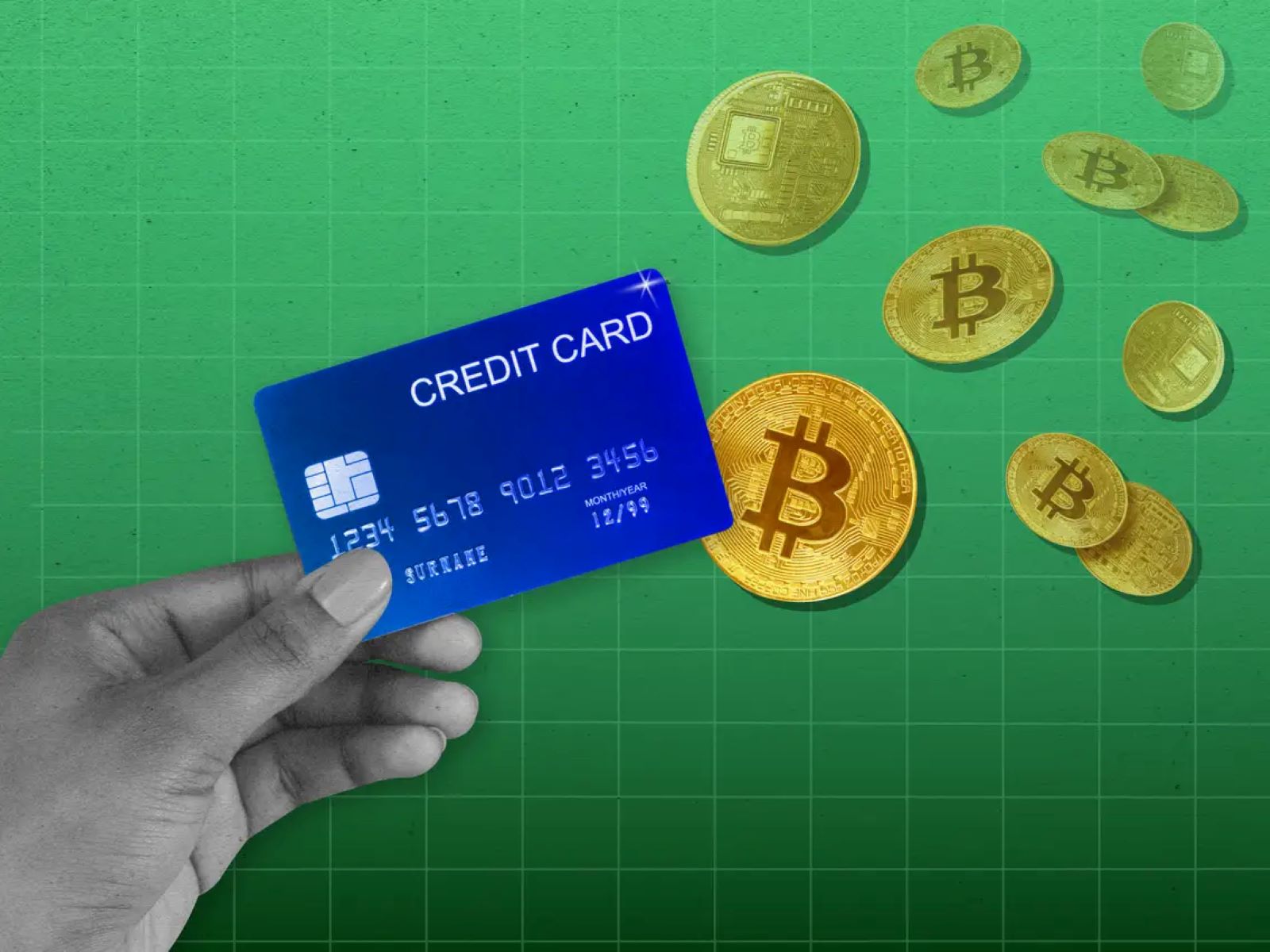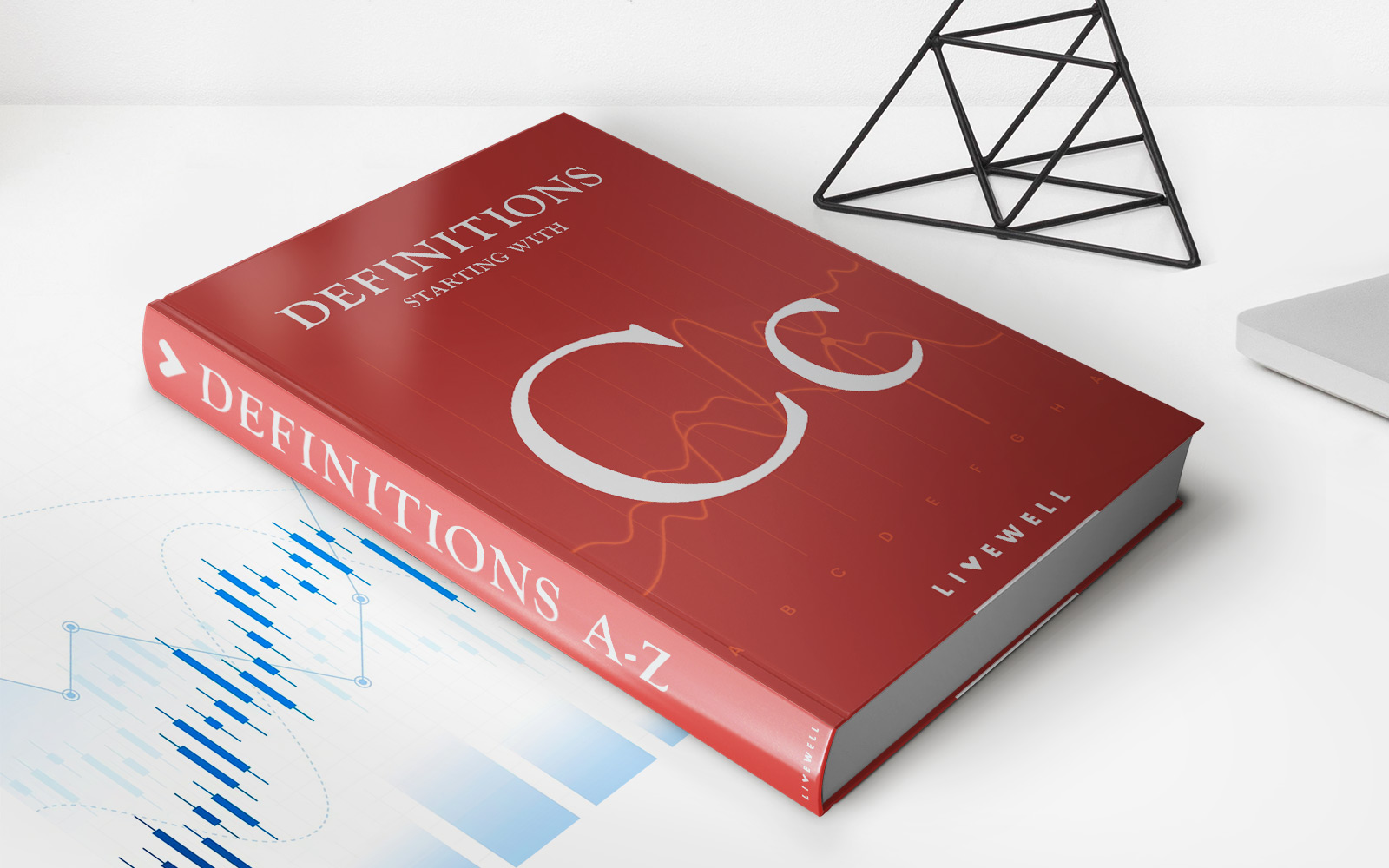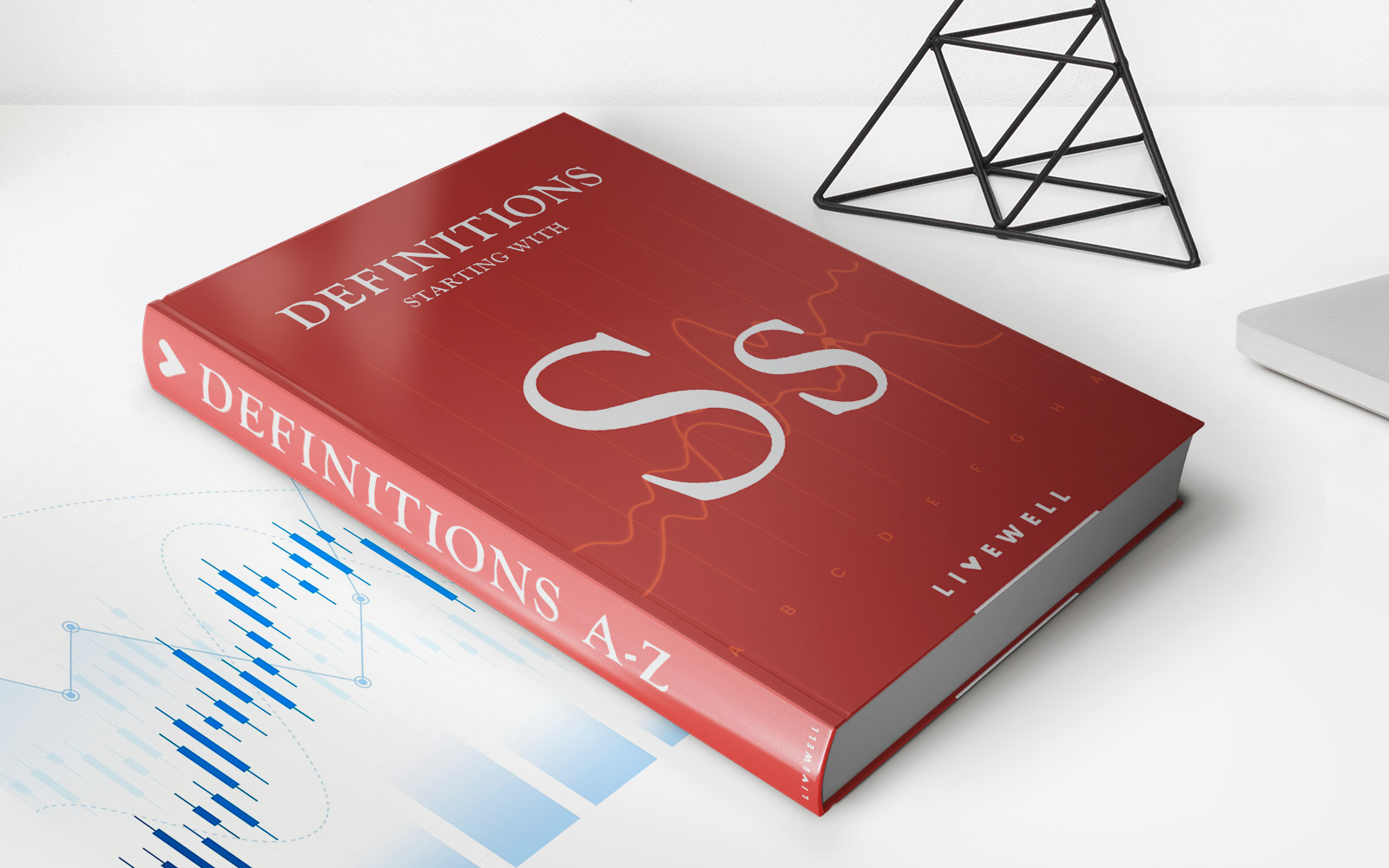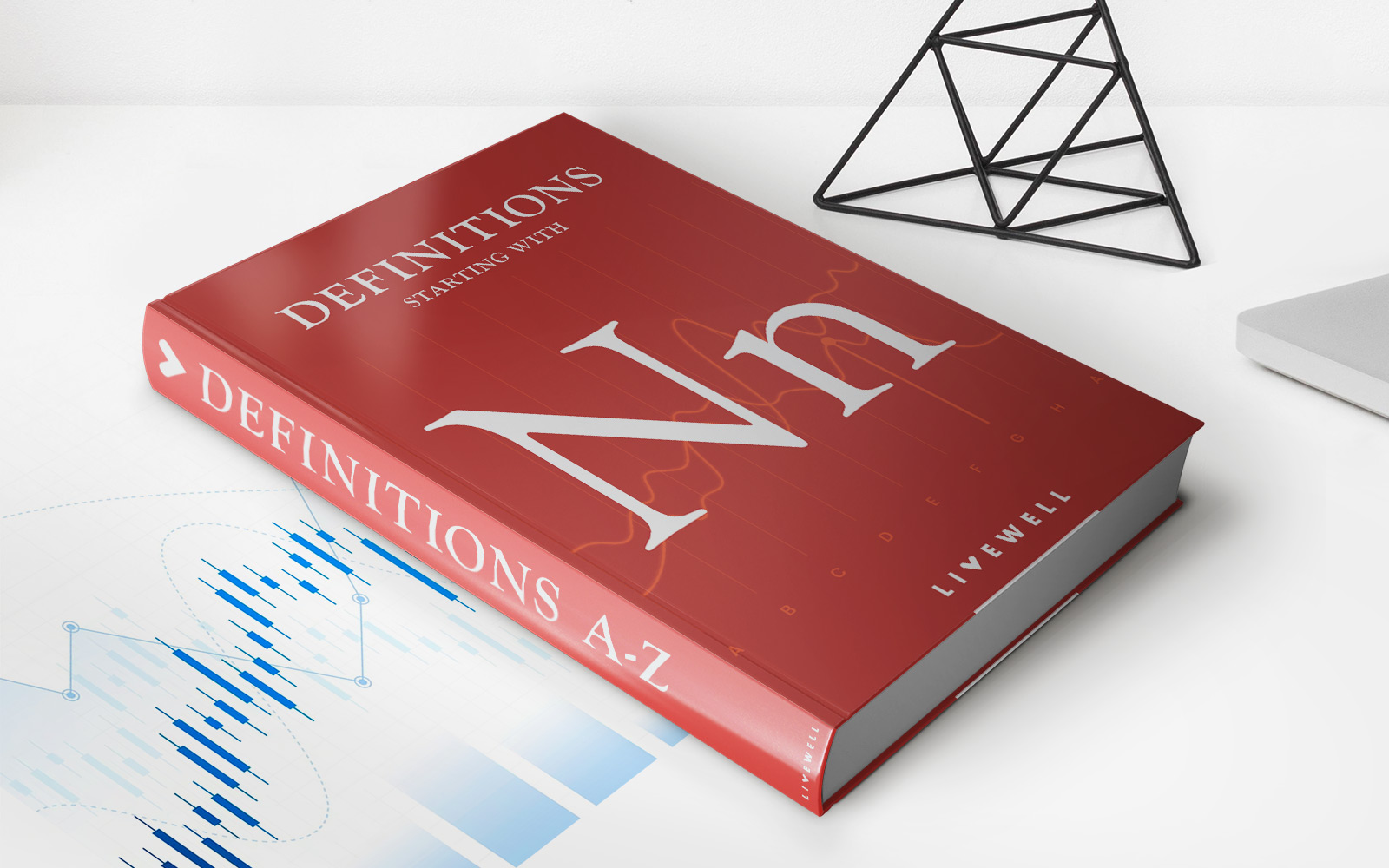

Finance
How To Buy Car Cash Without The IRS
Published: October 31, 2023
Learn how to finance your car purchase without involving the IRS. Discover effective strategies and avoid unnecessary tax complications.
(Many of the links in this article redirect to a specific reviewed product. Your purchase of these products through affiliate links helps to generate commission for LiveWell, at no extra cost. Learn more)
Table of Contents
Introduction
Buying a car is a significant financial decision, and often people rely on car loans to make this purchase. However, there is another option that allows buyers to avoid interest payments and own a car outright – buying a car with cash. Paying for a car in cash can provide numerous benefits, such as avoiding debt and interest charges, negotiating power at the dealership, and eliminating monthly payments. But there are also potential issues to consider, such as the hassle of obtaining a large sum of cash and the need to ensure compliance with legal and tax regulations.
In this article, we will delve into the world of cash purchases for cars, exploring the advantages and potential challenges involved. We will also discuss the legal considerations that buyers need to be aware of when using cash for car transactions. Additionally, we will provide strategies on how to avoid reporting requirements to the Internal Revenue Service (IRS) when purchasing a car with cash. By understanding the intricacies of buying a car with cash and the potential legal implications, you can make an informed decision and navigate the process successfully.
So, if you are considering purchasing a car without taking on debt, or if you simply want to explore the alternative ways of buying a car, read on to discover how you can buy a car cash without attracting the attention of the IRS.
Understanding Cash Purchase of Cars
When we talk about buying a car with cash, it means paying the full purchase price upfront, without relying on financing or taking out a loan. This method allows buyers to avoid monthly payments, interest charges, and the need to qualify for a loan. Instead, buyers use their own funds to make the purchase.
One of the key advantages of a cash purchase is the ability to negotiate a better deal at the dealership. Dealerships often prefer buyers who can pay in cash as it eliminates the risk of financing falling through or dealing with loan approvals. Cash buyers may even be able to negotiate a lower purchase price, as they are in a stronger position to close the deal quickly.
Furthermore, buying a car with cash allows you to have full ownership of the vehicle from the moment of purchase. Unlike with a financed car, where the lender holds the title until the loan is paid in full, you become the sole owner of the car with a cash purchase. This provides flexibility if you decide to sell or modify the car in the future.
It’s important to consider your budget and financial situation when considering a cash purchase. While paying cash avoids incurring debt and interest charges, it might require a significant outlay of cash upfront. Ensure that you have thoroughly evaluated your financial position and have set aside enough funds to cover the purchase price, taxes, and other associated costs, such as insurance and registration.
Lastly, keep in mind that buying a car with cash means you won’t have the opportunity to build credit through auto loan payments. If building or improving your credit score is a priority, you may want to explore other financing options that allow you to make regular payments and demonstrate responsible financial behavior.
In the following sections, we will explore the benefits of buying a car with cash in more detail, as well as address potential issues and legal considerations you should be aware of before making your purchase.
Benefits of Buying a Car with Cash
Buying a car with cash offers several advantages over financing the purchase. Let’s explore some of the key benefits:
- No interest payments: One of the most significant advantages of a cash purchase is the ability to avoid paying interest charges. When you finance a car, you will end up paying more than the purchase price due to the interest over the loan term. By paying with cash, you can save a substantial amount of money in interest payments.
- Ownership and flexibility: When you pay for a car with cash, you become the outright owner of the vehicle. There are no lenders or financing agreements involved. This gives you the flexibility to make any modifications or sell the car whenever you choose, without any restrictions or complications.
- Improved negotiation power: Cash buyers often have more leverage when negotiating the purchase price of a vehicle. Dealerships prefer buyers who can pay in cash since it eliminates the need for financing. This puts you in a stronger position to negotiate a lower purchase price or additional perks like discounts, free maintenance, or added accessories.
- No monthly payments: Without a car loan, you won’t have the burden of monthly payments hanging over your head. This can free up your budget, allowing you to allocate those funds towards other essential expenses or savings goals.
- Avoiding debt: Taking on debt through a car loan can put a strain on your finances, especially if unforeseen circumstances arise. By paying cash, you can avoid adding additional debt to your financial portfolio and maintain more control over your financial stability.
Buying a car with cash can provide peace of mind and financial security, enabling you to have full ownership and control over your vehicle. It’s important to consider these benefits when deciding whether a cash purchase aligns with your financial goals and circumstances.
Potential Issues when Buying a Car with Cash
While buying a car with cash offers numerous advantages, there are also potential issues to consider. Let’s explore some of the challenges you may face when opting for a cash purchase:
- Gathering a large sum of cash: Purchasing a car with cash requires having a significant amount of money readily available. This can be challenging for some individuals, as it may take time to accumulate the necessary funds. Consider your financial situation and ensure you have enough cash set aside specifically for the car purchase.
- Reduced savings or investment opportunities: By using a large portion of your cash reserves to buy a car, you may deplete your savings or miss out on potentially lucrative investment opportunities. It’s essential to weigh the financial impact of a cash purchase on your overall financial goals and priorities.
- Lack of credit-building opportunity: If you’re looking to establish or improve your credit, buying a car with cash might not be the ideal option. Utilizing credit responsibly and making regular loan payments can contribute positively to your credit history. Consider whether building credit is a priority for you before making a cash purchase.
- Potential loss of liquidity: Once you invest a significant amount of cash into a car, that money becomes tied up in the vehicle’s value. It can be challenging to access that money quickly if needed. If having liquid cash on hand is important to you, consider alternative financing options that allow you to preserve your liquidity.
- Limited protection: While financing a car often comes with warranties or extended protection plans, a cash purchase usually doesn’t have the same level of coverage. It’s essential to factor in the potential costs of unforeseen repairs or maintenance when budgeting for a cash purchase.
Understanding these potential issues is crucial to making an informed decision when buying a car with cash. Careful consideration of your financial situation and priorities will help you navigate these challenges and determine if a cash purchase aligns with your needs and objectives.
Legal Considerations when Purchasing a Car with Cash
When buying a car, regardless of the payment method, it’s important to be aware of the legal considerations involved. Here are some key legal aspects to keep in mind when purchasing a car with cash:
- Title transfer: When buying a car with cash, ensure that the seller provides you with the necessary documentation to transfer the vehicle’s title into your name. This includes the signed title, a bill of sale, and any other documents required by your local Department of Motor Vehicles (DMV).
- Vehicle inspection: Before finalizing the cash purchase, it’s crucial to have the vehicle inspected by a trusted mechanic or professional. This helps identify any hidden issues or potential problems that may affect the car’s value or safety.
- Registration and taxes: You will be responsible for registering the vehicle in your name and paying any applicable sales or use taxes. Research the specific requirements and processes in your state or country to ensure compliance with local laws and regulations.
- Lien checks: Perform a lien check on the vehicle to ensure there are no outstanding loans or liens against it. This step is crucial to avoid any legal complications or financial liabilities associated with an unpaid loan.
- Warranty considerations: Understand the warranty terms and conditions associated with the car you intend to purchase. Some used cars may still have an existing warranty, while others may be sold “as-is,” without any warranty coverage. Knowing the warranty status will help you make an informed decision and protect your rights as a buyer.
- Beware of fraud: Scams and fraudulent activities can occur in any type of transaction, including car purchases. Be cautious of deals that seem too good to be true, and always verify the seller’s identity and the vehicle’s history. Consider obtaining a vehicle history report to ensure the car’s legitimacy and to avoid purchasing a stolen or salvaged vehicle.
It’s important to consult with legal professionals or experts in your area to fully understand the legal requirements and regulations surrounding car purchases. By being diligent and informed, you can navigate the legal aspects smoothly and ensure a safe and legal transaction.
Strategies to Avoid IRS Reporting Requirements
When purchasing a car with cash, it’s important to understand the IRS reporting requirements for large cash transactions. Under the Bank Secrecy Act, any cash transactions exceeding $10,000 must be reported to the IRS. If you prefer to keep your cash car purchase discreet, here are some strategies to consider:
- Splitting payments: Instead of paying the full purchase price in one transaction, consider splitting the payment into smaller amounts below the $10,000 threshold. For example, you may make multiple payments over a span of a few days or weeks, making it less likely to trigger the reporting requirement. However, be aware that intentionally structuring transactions to avoid reporting requirements is illegal.
- Using cashier’s checks or money orders: Instead of using cash, consider using cashier’s checks or money orders to make the payment. These payment methods leave a paper trail, making it easier to document the transaction if needed, but they don’t necessarily trigger the immediate reporting requirement for the seller or buyer.
- Negotiating a lower purchase price: In some cases, you may be able to negotiate a lower purchase price, below the $10,000 reporting threshold, to avoid the requirement altogether. Discuss the possibility of a lower price with the seller while considering the fair market value of the car.
- Purchasing from a private seller: Private sellers may be less likely to report a cash transaction to the IRS compared to a dealership. While it’s important to ensure a legitimate transaction, purchasing from a private seller could reduce the chances of the purchase coming to the attention of the IRS.
- Consulting with legal professionals: While it is not advisable to engage in any illegal activities or attempt to circumvent reporting requirements, consulting with legal professionals can help you navigate the legal implications of your cash purchase. They can provide guidance on how to ensure compliance with reporting obligations while keeping your transaction as private as possible.
Remember, it’s essential to understand and comply with the laws and regulations governing cash transactions, including those set forth by the IRS. Be sure to consult with professionals who can provide you with accurate and up-to-date information relevant to your specific situation.
Conclusion
Buying a car with cash can be a financially savvy decision, allowing you to avoid debt, interest charges, and monthly payments. It offers benefits such as increased negotiation power, full ownership of the vehicle, and the potential to save money in the long run. However, there are also potential challenges to consider, including the need to gather a significant amount of cash, limited credit-building opportunities, and potential loss of liquidity.
When purchasing a car with cash, it’s important to be aware of the legal considerations involved. Make sure to transfer the vehicle’s title properly, check for liens, understand the warranty terms, and be vigilant against fraud. Additionally, keep in mind that large cash transactions may be subject to IRS reporting requirements. It’s crucial to consult with legal professionals to ensure compliance with reporting obligations while maintaining your privacy.
Ultimately, the decision to buy a car with cash should align with your financial goals, budget, and circumstances. Carefully evaluate the benefits, potential issues, and legal considerations, and weigh them against your personal preferences and priorities.
By understanding the ins and outs of purchasing a car with cash, you can make an informed decision that best suits your needs and financial situation. Whether you choose to finance a car or pay with cash, the goal is to make a choice that allows you to enjoy your new vehicle without putting undue strain on your financial well-being.














